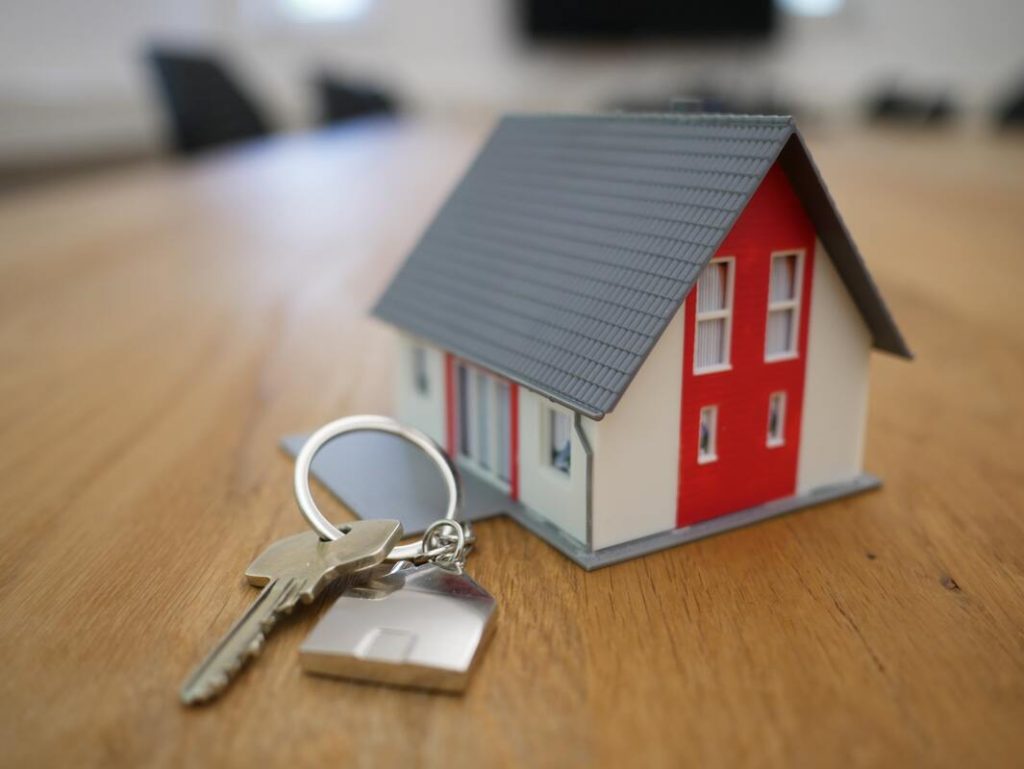After living in a rental for a few years, you may be considering buying your own house. Common reasons to buy include wanting more space, desiring to build equity, or simply wanting a place to call your own. Buying a home can be an excellent investment and provide stability and security. But before you start house hunting, here are some things to keep in mind as you make the transition from renter to homeowner:
Getting a Loan
When getting a loan for your first house, you should get quotes from multiple lenders and compare their rates. This will help you decide on a lender with the most suitable rates, terms, and loan options that fit your needs. Moreover, you may also be eligible for certain loan programs that help make homeownership more attainable for first-time buyers. You can consider getting a conventional mortgage with a fixed interest rate and terms, which means your monthly payments will stay the same for the life of the loan. Additionally, a traditional mortgage typically offers a lower interest rate than some other types of mortgages, which could save you money in the long run.
In addition, you should also get pre-approved for a loan before beginning your house search. This will give you an idea of how much you can afford to spend on a house and help you narrow your search to homes within your budget. Pre-approval for a loan also shows sellers that you are a serious buyer, which may give you an edge in a competitive housing market. Moreover, you must have your documents and financial information in order. Lenders will want to see your credit score, income, and assets. Having all this information ready will help ensure that the process goes smoothly.
What to Look For in a House and Neighborhood
When choosing a house, ensure it has enough bedrooms and bathrooms for your needs and that the layout works for your lifestyle. For example, if you love to cook, you’ll want a kitchen with enough counter space and storage for all your pots, pans, and gadgets. If you have kids or pets, you’ll want a house with a yard where they can play. Moreover, check out the price and compare it to other houses in the area. You want to ensure you can afford the mortgage payments and their associated costs.
In addition, you should also consider the neighborhood. Make sure to research the community to see what it is like. Some things to consider are the crime rate, the schools, and the types of businesses in the area. For example, if you work downtown, you may want to live in a neighborhood close to the city center. If you have children, you may want to look for a neighborhood with a good school district. Being near these areas will make it easier for you to commute and provide you with more opportunities.

Adjusting to Homeownership
Adjusting to homeownership can be a significant change, especially if you’re used to renting. Here are a few tips to help make the transition smoother:
Make a Budget
When you’re a renter, you may not have been responsible for paying property taxes, homeowners insurance, or your own utility bills if it was included in your rent. Now that you’re a homeowner, it’s important to budget well for these expenses.
Stay Organized
As a renter, you only had to worry about keeping your indoor living space clean and organized. If you had a balcony, it would be the closest you would have had to an outdoor space. Now that you’re a homeowner, it’s important to maintain your entire property. This includes the exteriors of your house, the yard, garage, and the attic or basement.
Get Familiar with Home Maintenance
When you were a renter, you could always call your landlord or property manager for repairs. But as a homeowner, you will be responsible for maintaining your property. This includes tasks like changing the air filters in your HVAC system, mowing the lawn, and fixing leaky faucets. Fortunately, many online resources can help you learn how to do these things yourself.
Join the Homeowner’s Association (HOA)
Most neighborhoods with HOAs have rules about what color you can paint your house and how high you can trim your lawn. Joining your HOA can help ensure that you are aware of these rules and that everyone in the neighborhood follows them. This will also help you socialize with your neighbors and build relationships within your community.
As a renter, it’s important to understand the process of becoming a homeowner. This will help you be prepared for any situation and know what to expect along the way.






